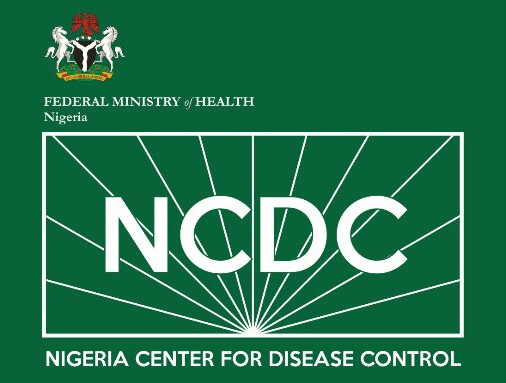
Nigeria Centre for Disease Control and Prevention (NCDC) Reports Seven New Lassa Fever Cases in Edo, Bauchi, and Kogi States
Fiona Nanna, ForeMedia News
6 minutes read. Updated 8:12PM GMT Thurs, 8August, 2024
Nigeria has reported seven new cases of Lassa fever across three states. The latest data, released by the Nigeria Centre for Disease Control and Prevention (NCDC) in its situation report for week 30 of 2024, covering July 22 to 28, highlights the ongoing challenges faced by the country in managing this acute viral hemorrhagic illness.
Current Situation
The states affected by these new cases are Edo, Bauchi, and Kogi. While there were no reported deaths from Lassa fever during the reporting week, the NCDC’s report underscores a grim statistic for 2024: 163 deaths have been recorded, translating to a case fatality rate (CFR) of 17.0%. This CFR is slightly lower than the 17.3% observed for the same period in 2023.
The report reveals that a significant portion of confirmed cases in 2024 has been concentrated in Ondo, Edo, and Bauchi, accounting for 66% of the total cases. The remaining 34% were spread across 25 other states. Overall, 28 states have reported at least one confirmed case of Lassa fever, affecting 125 Local Government Areas (LGAs) nationwide.
Understanding Lassa Fever
Lassa fever is a viral hemorrhagic fever transmitted to humans primarily through contact with food or household items contaminated by infected rodents or individuals. The disease presents with symptoms such as fever, headache, sore throat, general body weakness, cough, nausea, vomiting, diarrhea, muscle pains, chest pain, and in severe cases, unexplained bleeding from various body openings.
Challenges in Managing Lassa Fever
The NCDC’s report also sheds light on several challenges faced in combating Lassa fever. Key issues include:
- Late Case Presentation: Delays in seeking treatment often lead to an increased CFR, complicating disease management.
- High Treatment Costs: The high cost of clinical management and treatment discourages timely healthcare seeking among affected individuals.
- Poor Environmental Sanitation: In many high-burden communities, inadequate sanitation exacerbates the spread of the disease.
- Lack of Awareness: There is a significant deficit in public awareness about Lassa fever in heavily affected areas.
For More Information For further insights into the ongoing situation and efforts to combat Lassa fever, visit the Nigeria Centre for Disease Control and Prevention for the latest updates and detailed reports.

